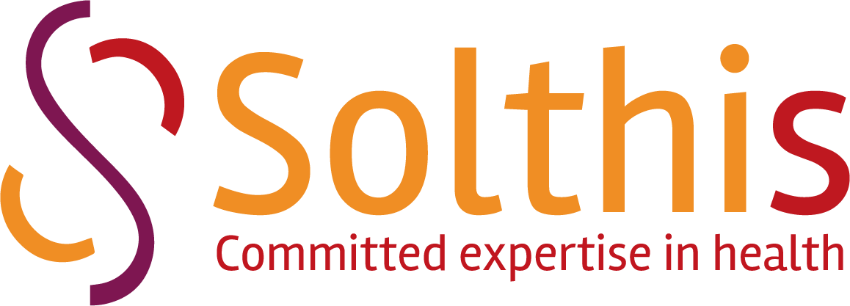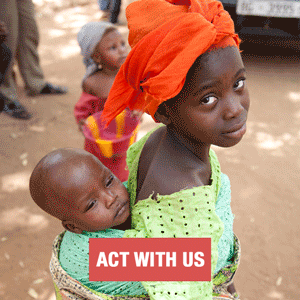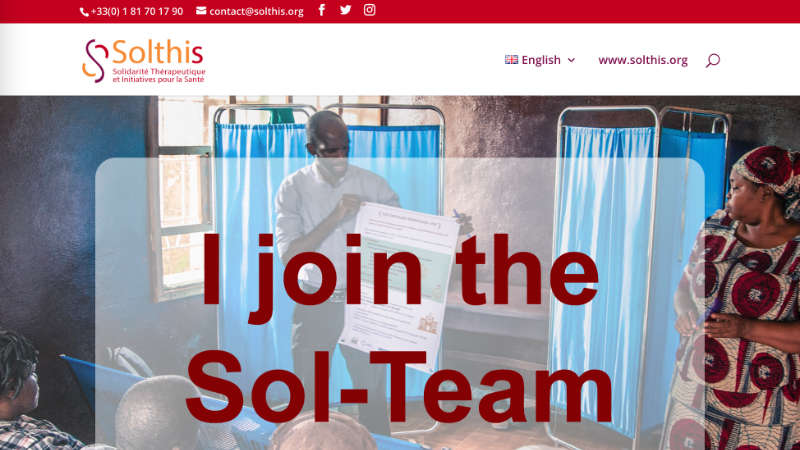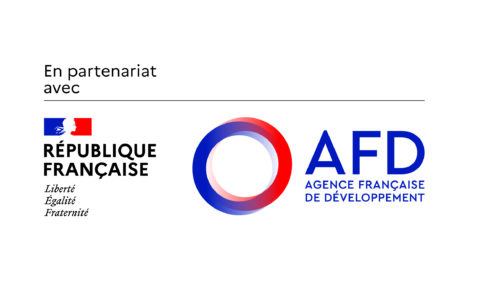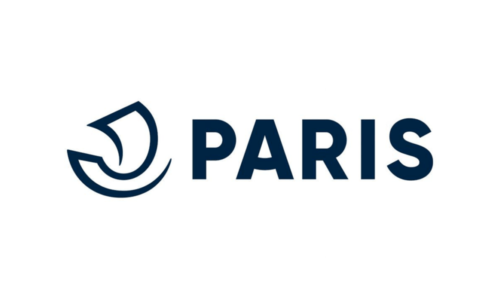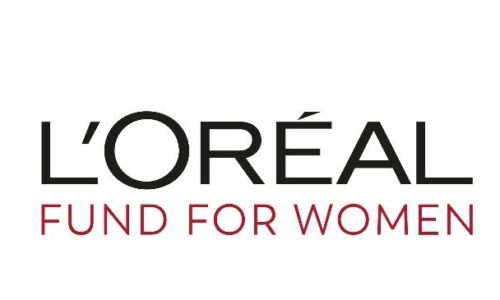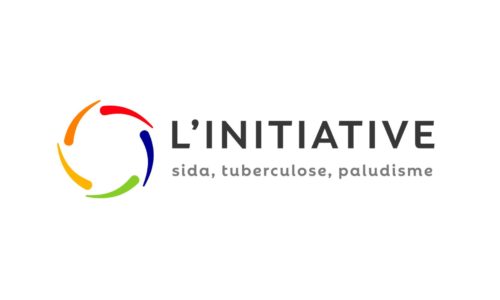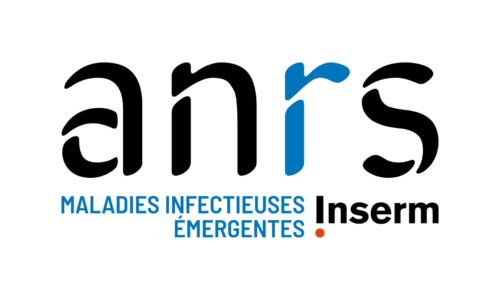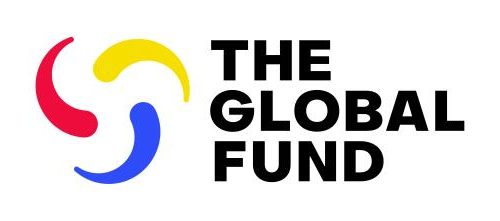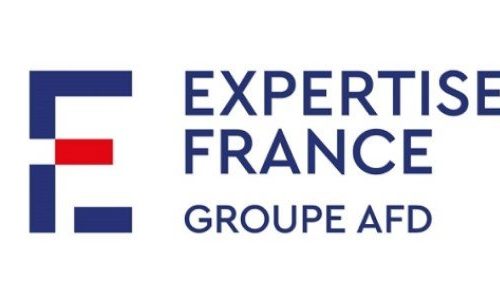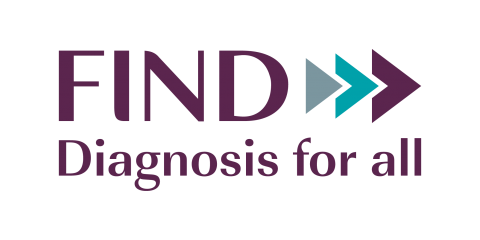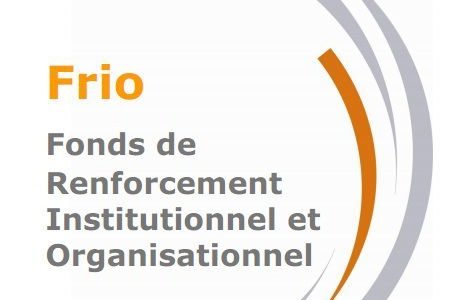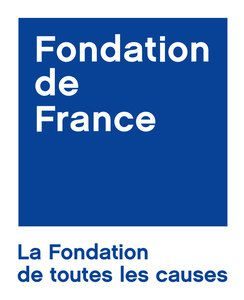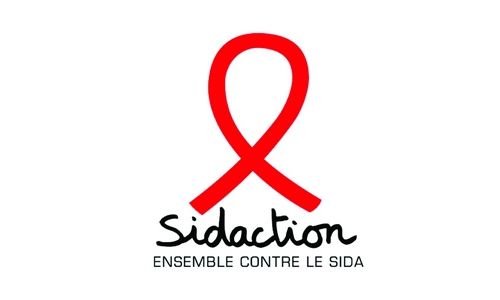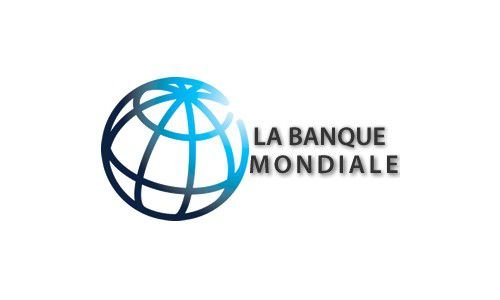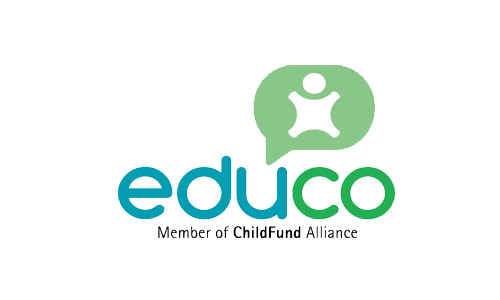Support the REACT2 project in a knowledge transfer (KT) strategy with the Global Fund, policy makers and operational actors
Background
The REACT project aims to improve access to prevention, diagnosis and care for vulnerable rural communities in the context of malaria control. This is an Operational Research project carried out by IRD in partnership with IRSS in Burkina Faso and Institut Pierre Richet in Cote d'Ivoire. The final evaluation of the project highlighted the need to disseminate the results of the project beyond the scientific sphere, towards policy makers and beneficiary structures. Thus, within the framework of REACT2, it appears necessary to consider now a better sharing and valorization of the results that will be obtained within the framework of the project started in 2020. Beyond this short-term objective, it is also necessary to develop regional expertise in knowledge transfer.
Let's remember that between 2016 and 2019, a consortium of research teams including the Institut de Recherche en Sciences de la Santé (IRSS, Bobo-Dioulasso, Burkina Faso), the Institut Pierre Richet (IPR, Bouaké, Côte d’Ivoire), and the Institut de Recherche pour le Développement (IRD, Montpellier, France) conducted a first operational research project funded by Expertise France aimed at better managing the resistance of malaria vectors to insecticides used in public health (REACT1 Project). The effectiveness of methods complementary to long-lasting insecticide-treated nets (LLINs) was monitored for one year after their deployment. The project also provided an opportunity to study residual malaria transmission and to build the capacity of research institutions and malaria control stakeholders.
The gap between available research knowledge and its use is as much related to the lack of time and financial resources of researchers to share results with the greatest number of people as to the difficulties that decision-makers may encounter in accessing these results, which are often found only in scientific journals. Additional efforts are required to ensure that users of this knowledge can identify, interpret and appropriate these results and implement them. This is especially important because while the REACT1 project was able to demonstrate the effectiveness of some of the tools associated with long-lasting insecticidal nets (LLINs), it also revealed the limited access of vulnerable rural populations to prevention, diagnosis, and medication. Indeed, it is imperative that the knowledge that will be gained through REACT 2 will be disseminated as widely as possible so that it can be incorporated into Global Fund health plans and grants, and thus benefit the populations for whom it was produced.
| Duration | April 2022 – April 2023 |
| Source of funding | Chanel 1 of the L’Initiative (Expertise France) |
| Beneficiary | Institut de Recherche en Sciences de la Santé (IRSS) |
| Total amount of the project | 26 250 € |
| Country | Burkina Faso, Côte d'Ivoire |
General objective of the mission: To support the REACT2 project in a thorough, continuous, interactive and sustainable knowledge transfer strategy with the Global Fund, policy makers, TFPs and beneficiary structures.
Activities:
STEP 1: NEEDS & CONTEXT ANALYSIS
1.1 In relation to the capacity building needs of partners: analysis of the work/organizational context, lessons learned from REACT 1, training/tools needs on KT, challenges of integrating (long-term) KT in practices
1.2 In relation to the context of implementation of KT activities: definition of the research/policy/project agenda, analysis of REACT 1 lesson learned, analysis of the mapping of actors, decision-making processes related to the fight against malaria
STEP 2: STRENGTHENING THE SKILLS OF THE ACTORS:
2.1 Distance learning on basic KT concepts and presentation of KT activities
2.2 Distance & in situ training on the KT plan on policy brief development and deliberative workshops,
2.3 Identification of (sustainable) strategies for the integration of KT know-how within the beneficiary structures
STEP 3: DEVELOPING THE KT STRATEGY
3.1 Organization of a workshop for the elaboration of the project’s KT plan and meetings with stakeholders before and during the field mission to refine the analysis of the implementation context and consolidate the KT plan
3.2 Definition of the objectives and methodology for the evaluation/capitalization of KT activities
3.3 Knowledge “adaptation” phase: strengthening teams in KT product development
3.4 Dissemination phase, appropriation by KT targets: deliberative workshop: mobilization of the MOOC, provision of tools to prepare, lead and follow up the workshops, organization of a face-to-face training on the deliberative workshops
STEP 4 : EVALUATION / CAPITALIZATION
